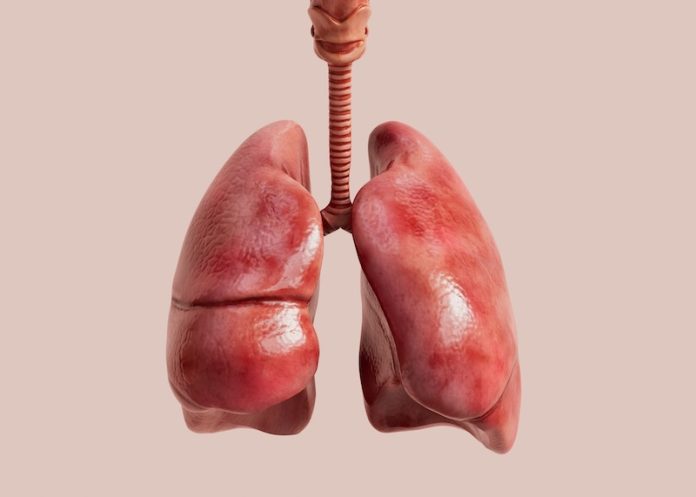
Lung cancer has long been known as a smoker’s disease, but a troubling trend is emerging: more and more people who have never smoked are being diagnosed with the illness. This increase is especially noticeable among women and in East Asian countries.
A new international study, published in Nature, offers groundbreaking evidence that environmental exposures—particularly air pollution and certain traditional herbal medicines—may be key causes of lung cancer in non-smokers.
Led by scientists from the University of California San Diego and the U.S. National Cancer Institute, the study analyzed lung tumor DNA from 871 people who had never smoked. These individuals lived in 28 different regions across Africa, Asia, Europe, and North America, with varying levels of air pollution.
Using a method called whole-genome sequencing, the researchers were able to look for “mutational signatures”—unique patterns of DNA changes that serve as fingerprints of past exposure to harmful substances.
The findings were striking. People living in areas with more air pollution had significantly more mutations in their lung tumors. Many of these were driver mutations, which are known to directly trigger cancer, and others matched mutational patterns typically seen in heavy smokers.
One of the most alarming results was a nearly fourfold increase in a mutation signature linked to tobacco, even though the people had never smoked. There was also a strong increase in mutations tied to aging, suggesting that pollution may accelerate biological aging in lung cells.
Interestingly, the researchers found a clear “dose-response” effect—the higher the air pollution levels people were exposed to, the more mutations their tumors had. These tumors also had shorter telomeres, the protective caps at the ends of chromosomes, which are another sign of cellular aging and damage.
One surprising result came from looking at secondhand smoke exposure. While lung tumors from people exposed to secondhand smoke showed some telomere shortening, they did not show the same level of genetic mutations as those exposed to air pollution.
This suggests that, although secondhand smoke is a known cancer risk, its ability to cause direct DNA damage may be weaker than air pollution—or simply harder to measure with current tools.
The study also highlighted another risk: aristolochic acid, a known carcinogen found in some traditional Chinese herbal medicines. This substance has previously been linked to cancers of the liver, kidney, and bladder, but this is the first time it has been genetically linked to lung cancer.
Mutational signatures from aristolochic acid were found almost exclusively in tumors from never-smokers in Taiwan. The researchers believe that inhalation of herbal remedies containing this compound might be the cause, though more research is needed.
Perhaps the most intriguing discovery was the presence of a new, unknown mutational signature that appeared in the lung cancers of most non-smokers but not in smokers.
The cause of this signature is a mystery—it wasn’t linked to air pollution, herbal medicines, or any known risk factors. Researchers believe this could point to a previously unrecognized cause of lung cancer and plan to investigate further.
The study is part of a larger global effort to understand why more non-smokers are developing lung cancer. The team plans to expand their research to include patients from Latin America, the Middle East, and additional regions of Africa. They’re also looking into other possible environmental causes, including marijuana and e-cigarette use, radon, and asbestos exposure.
This research marks an important step forward in understanding the hidden causes of lung cancer in non-smokers. It also underscores the urgent need for better air quality, increased regulation of harmful substances in herbal products, and more detailed studies on how environmental exposures affect our DNA over time.
As Dr. Maria Teresa Landi from the National Cancer Institute puts it, “This is not just a scientific breakthrough—it’s a public health opportunity to prevent cancer before it starts.”
If you care about lung health, please read studies about marijuana’s effects on lung health, and why some non-smokers get lung disease and some heavy smokers do not.
For more information about health, please see recent studies that olive oil may help you live longer, and vitamin D could help lower the risk of autoimmune diseases.
The research findings can be found in Nature.
Copyright © 2025 Knowridge Science Report. All rights reserved.



